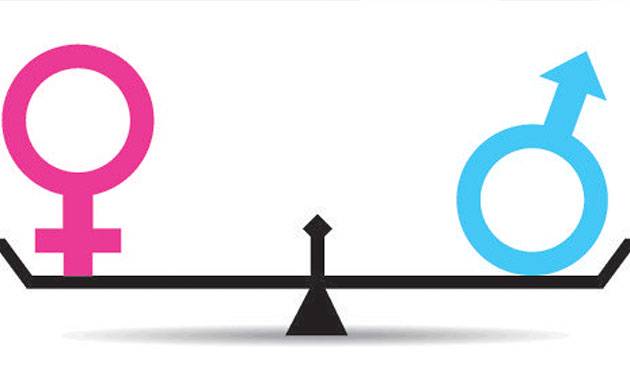
Equal inheritance rights- Supreme court rules boys and girls to be equal
A three judges bench headed by Justice Arun Mishra closed the debate on inheritance laws on Tuesday by settling years-long confusion. In a nutshell, according to the new ruling, a Hindu woman’s joint right to inherit her ancestral property is by birth, and that does not depend on whether her father was alive during 2005 when the law was initially enacted.
The Hindu Succession (Amendment) Act, 2005 gave a Hindu woman to be a coparcener or joint legal heir in the same way as a male heir. The amendment was enacted on 9th September 2005, which does not entail the father to have been alive.
The journey these years
Until 2005, a Hindu woman was not at all entitled to bear her father’s debt or inherit his ancestral property. Only a male heir was eyed as the torchbearer in terms of financial deals. According to the 1956 Hindu Succession Act which was codified after the Mitakshara law of school, all the matters of ancestral property and the father’s debt were the concern of male heirs. It applied to anybody who wasn’t a Muslim, Christian, Jew or Parsi, Jains, Buddhists Sikhs, or followers of Arya and Brahmo Samaj were also considered Hindus for this law.
Then, an amendment to the Hindu Succession Act,1956 was made in the year 2005 which brought in Section 6A which said, “A daughter can be a coparcener as if she was a son at the time of birth. So all the liabilities and treasures of the father extended to the rights of a daughter along with the son. In this case, the succession happens by means of the law and not by a will.
A law commission report had already enabled states like Andhra Pradesh, Karnataka, Maharashtra, Tamil Nadu to make changes in the law before the 2005 amendment. Kerala had already abolished the Hindu Joint Family System in 1975 that entailed coparceners along with their wives, sons and unmarried daughters.
The debate around the absolute freedom to inherit property and bear liabilities was unsettled for years even after the 2005 amendment. As it did bring in female heirs into the context, but the confusion regarding the father’s life situation did not allow the amendment to do full justice. As per the 2005 amendment, the father should have been alive in 2005 in order for the right to be exercised, which still brought discrepancies to the working of the law.
Reopening of debate
Due to the created confusion, disputes could not be overcome, and cases lay pending in courts that had no ultimate solution. Then started another series of debates and discussions leading to different benches of judges sitting to analyze and read what followed.
In 2015, Prakash Vs Phulwati reopened the discussion, a two-judge bench headed by Justice A K Goel kept forward the stance that only ‘living daughters of living coparceners were entitled to exercise the right.
In February 2018, a two-judge bench headed by Justice A K Sikri extended the debate by ruling that the property of the father who has died in 2001, will also be passed onto daughters during the time of the property’s partition. Later that year, in the month of April, again a two judges bench restored the 2015 ruling.
The debate was extended, and the discussion reopened this year, bringing in the final verdict by the bench headed by Justice Arun Mishra. The latest ruling made on 11th August has overruled the 2015 and 18’s judgment. Now, without any discrimination and conditions, a Hindu woman has equal rights as that of a son to become a coparcener and inherit ancestral property and bear liabilities.
The courts have been ordered to solve all the cases related to this act in six months’ time which are pending for many years now.
Government’s stand
Solicitor General Tushar Mehta argued in favour of an expansive reading of the law to allow equal rights for women and for this purpose he referred to the objects and reasons clause of the 2005 amendment.
New changes– Now, according to the new ruling, these elements will definitely reflect in the working of the society
No discrimination– Now the Hindu Succession Act,1956 discriminated clearly between male and female heirs when it came to the inheritance of ancestral property. The 2005 amendment enabled the addition of a new section that allows women to exercise their rights, although it was half baked. The latest ruling has removed all discrepancies and has allowed both men and women to become coparceners.
Less number of cases in court– this ruling would enable the pending cases to be solved, and lesser disputes will happen in the name of property inheritance.
Crimes against girl child will decrease– atrocities against girl child isn’t a new topic, but this ruling would somehow enable cases of female foeticide to reduce as they will be seen as equal as sons. Property and liability sharing will become balanced.
Less misuse/mishandling of property- if parents have only girls in their house, they wouldn’t require to give their property to other coparceners, they can pass it on to their own kids, regardless of extended families willing to take it.
If you enjoyed reading this, also Read:





Very good ?
Thankyou:)